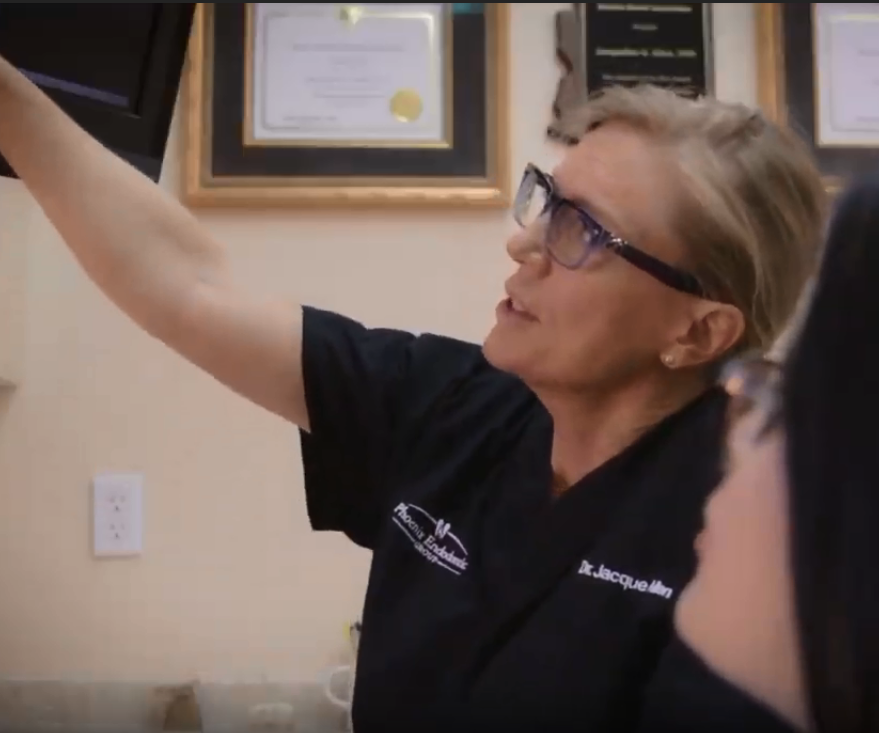Risk management is a key part of our everyday lives. When it comes to managing dental health, patients want to be sure that a recommended procedure is safe as well as effective. In the past couple of decades, dental implants have become a popular option for replacing missing or failing teeth. Many people, though, question whether implants are the best choice for their oral health challenges.
While dental implants are not the right choice for every individual, they are in many cases a safe, effective restoration. Their record for safety extends beyond the immediate period after the implantation and has been well-documented for patients with a variety of oral health situations.
Factors That Make Dental Implants A Safe Choice
- Dental implants are unlikely to impact the rest of your mouth. When only one or a few teeth are failing, fixed bridges may be suggested as an alternative to an implant. However, unlike a bridge, dental implants do not require the adjacent natural teeth to be altered. Implants are impervious to tooth decay. They are also unlikely to cause gum disease if a patient follows a normal daily oral health care regimen.
- Dental implants have proven to be safe for most adults who can undergo an extraction or other oral surgical procedures. Two key factors in determining if dental implant surgery is appropriate are gum health and the amount of bone density in the jaw. If a candidate for dental implants has healthy gums, has adequate bone density, and lacks any serious underlying systemic health condition, the implant procedure is usually considered safe.
- Dental implants, like root canals, have a very high long-term success rate. Longitudinal studies have shown that dental implants have a success rate of around 98 percent. What this means is that if you take care of your dental implant properly, it could last for decades, if not the rest of your life.
“When evaluating a patient to receive a dental implant, our practice considers many factors. When the circumstances are right, implants are a safe choice to replace missing or failing teeth,” says Dr. Jacqueline S. Allen, an endodontist practicing at the Phoenix Endodontic Group.

